Narrative Strategies in Joyce's Ulysses
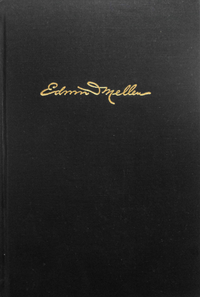
Summary
This books tackles the central stylistic problem of Ulysses -- the fact that many of Joyce's experiments seem to be divergences from the novelistic story. By tracing key words, images and voices through the labyrinth of the later episodes, it develops new proof of the novel's formal unity. There are revealing observations about the way Joyce transforms parody into a mode of celebratory lyricism. Brings a fresh perspective to the puzzle of Joyce's styles, linking character and discourse in a humanistic appreciation of the author's artistry.
Similar Books
-
 Marxism and literary criticism
Marxism and literary criticismby Terry Eagleton
-
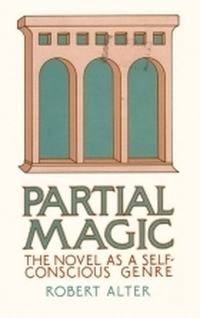 Partial Magic: The Novel as Self-Conscious Genre
Partial Magic: The Novel as Self-Conscious Genreby Robert Alter
-
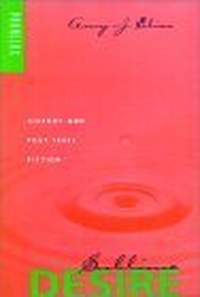 Sublime Desire: History and Post-1960s Fiction
Sublime Desire: History and Post-1960s Fictionby Amy J. Elias
-
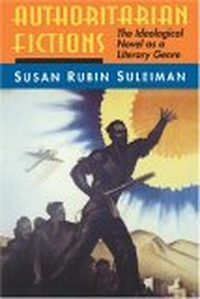 Authoritarian Fictions
Authoritarian Fictionsby Susan Rubin Suleiman
-

-
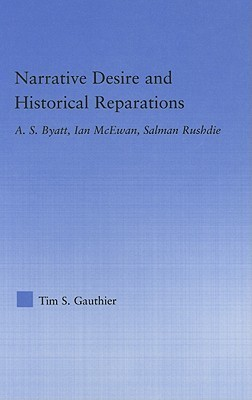
-
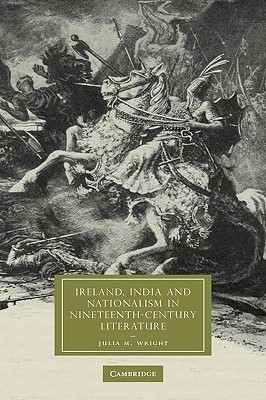 Ireland, India and Nationalism in Nineteenth-Century Literature
Ireland, India and Nationalism in Nineteenth-Century Literatureby Julia M. Wright
-
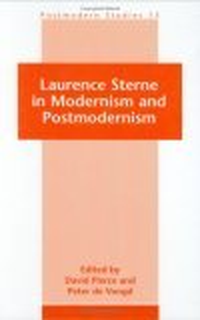 Laurence Sterne in Modernism and Postmodernism
Laurence Sterne in Modernism and Postmodernismby Peter de Voogd
-
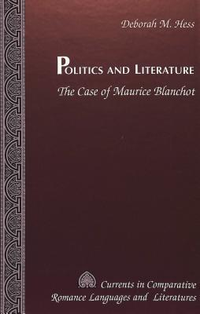 Politics and Literature: The Case of Maurice Blanchot
Politics and Literature: The Case of Maurice Blanchotby Deborah M. Hess
-
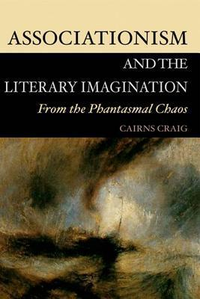
-
